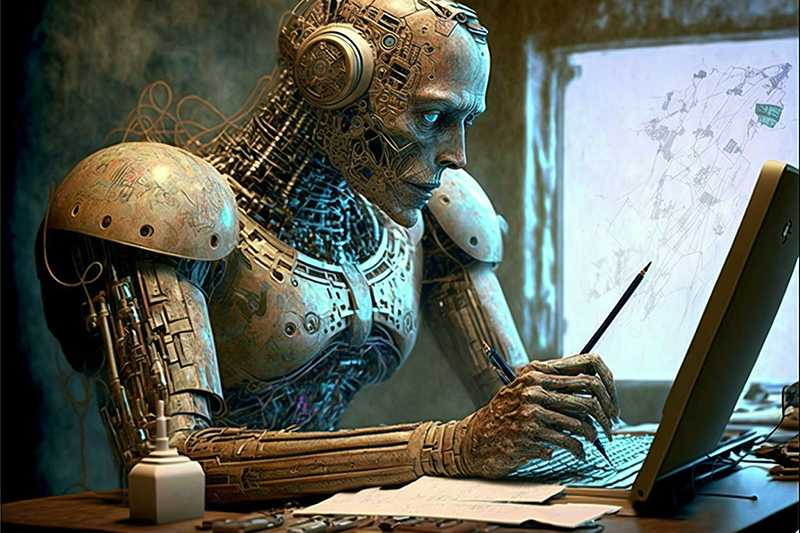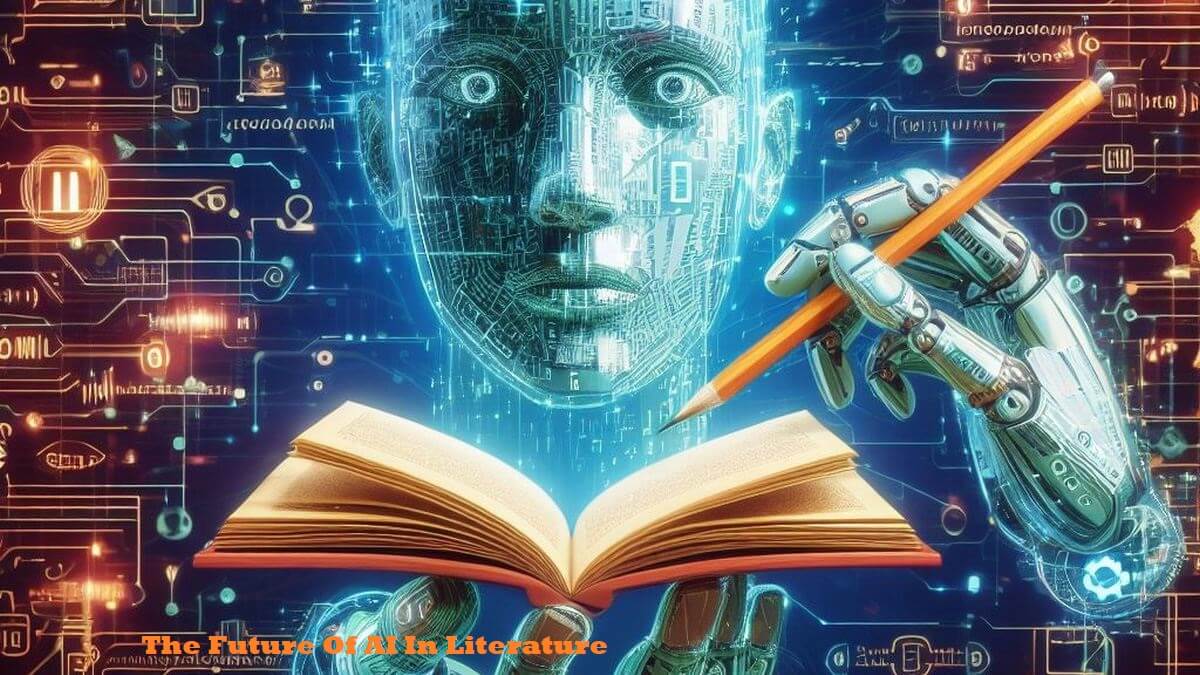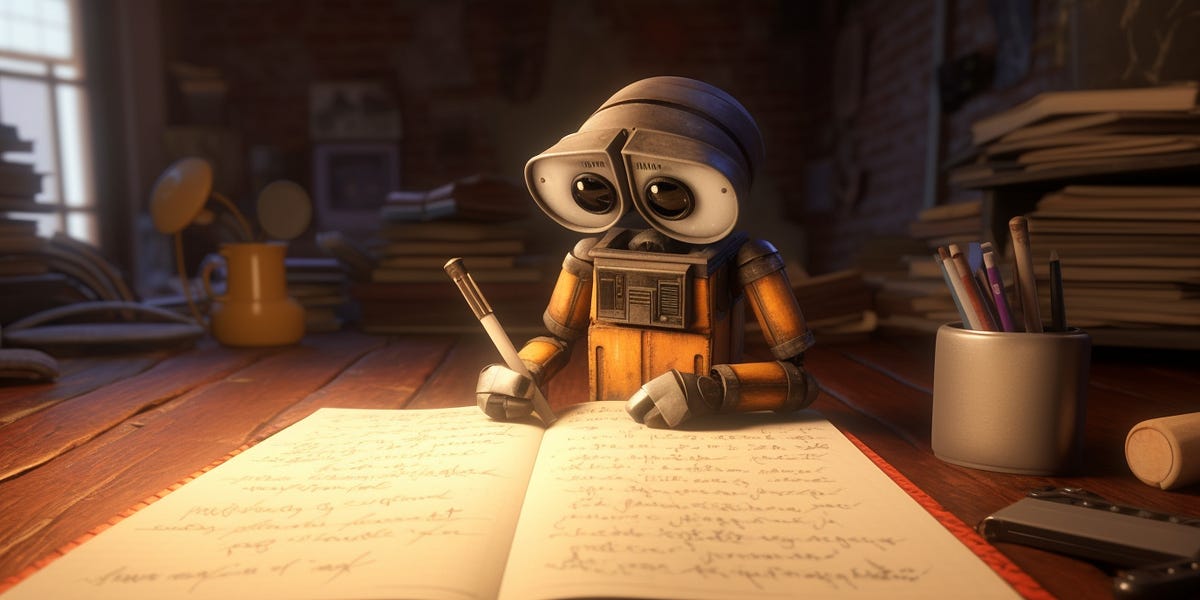Artificial Intelligence (AI) is revolutionizing the writing process—making it faster, more efficient, and in some cases, more creative. From grammar checkers to story generators, AI tools have become valuable aids for modern writers. However, while these technologies offer many benefits, they also raise important concerns that every writer should consider.
What Are the Drawbacks of AI for Writers?
AI writing tools use machine learning and natural language processing to generate or assist with content creation. Though they can streamline tasks and boost productivity, they also present several ethical, creative, and professional challenges.
Key Drawbacks of AI in Writing
Loss of Original Voice
One major concern is that overreliance on AI can dilute a writer’s unique style and voice. Since AI models generate text based on patterns from large datasets, their output often feels generic or formulaic, potentially compromising the writer’s authenticity.
Creativity Limitations
AI is good at mimicking existing styles but lacks genuine imagination or emotional depth. It cannot truly “think outside the box” or infuse writing with lived experience, intuition, or personal insight—essential elements of powerful storytelling.
Copyright and Plagiarism Risks
AI-generated content can unintentionally replicate phrases or structures from its training data, leading to potential copyright issues. Writers who publish AI-assisted work must be careful to ensure originality and avoid unintentional plagiarism.
Quality Control and Accuracy
While AI can generate grammatically correct sentences, it may produce content that lacks factual accuracy or logical flow. Writers need to thoroughly review and edit AI-generated material, as it may contain errors or misleading information.
Ethical Concerns
The use of AI in writing raises ethical questions about authorship and transparency. If a piece is heavily AI-generated, who is the true author? Not disclosing the use of AI can also mislead readers and publishers about the originality of the work.
Dependence and Skill Erosion
Writers who become too dependent on AI tools risk losing essential writing skills such as critical thinking, editing, and storytelling. Long-term reliance may weaken their ability to craft content independently and creatively.
Bias in AI-Generated Content
AI models are trained on existing data that may include biases, stereotypes, or unbalanced perspectives. This can result in content that unintentionally reflects these biases, potentially reinforcing harmful narratives.
Conclusion
While AI can support writers in many practical ways, it’s important to remain aware of its limitations. Writers should use AI as a helpful assistant—not a replacement for human creativity, emotion, and authenticity. Balancing technology with original thought is key to preserving the integrity and soul of the written word.







Leave feedback about this